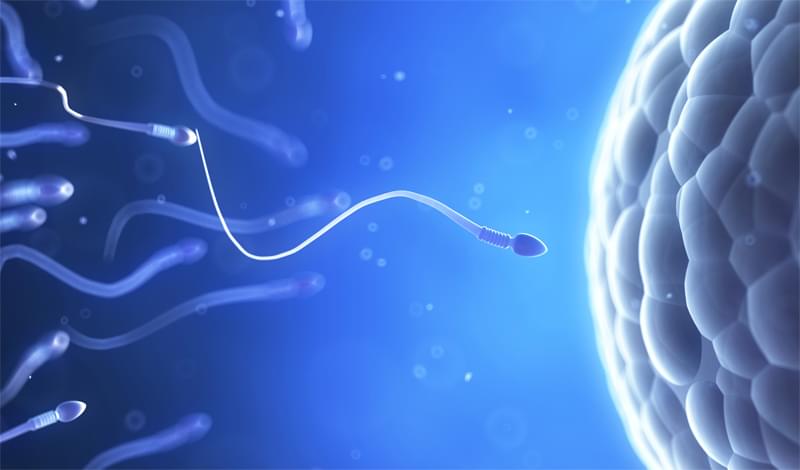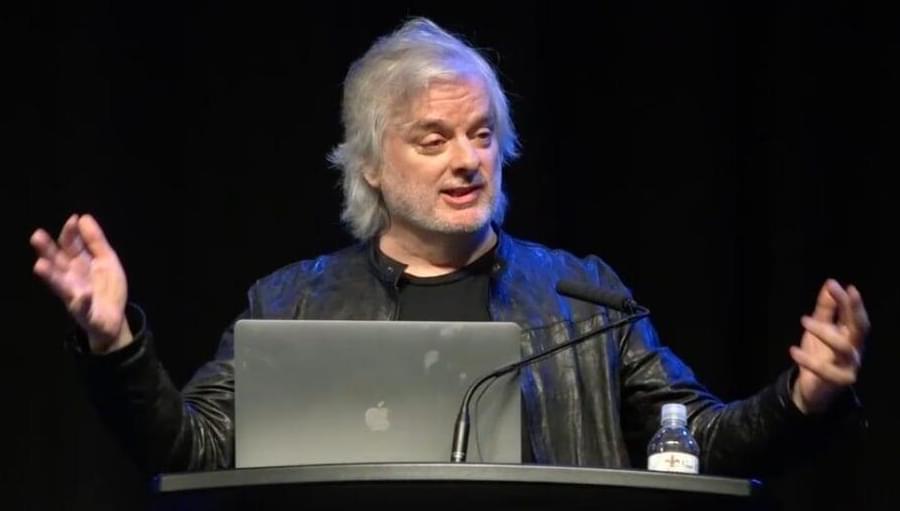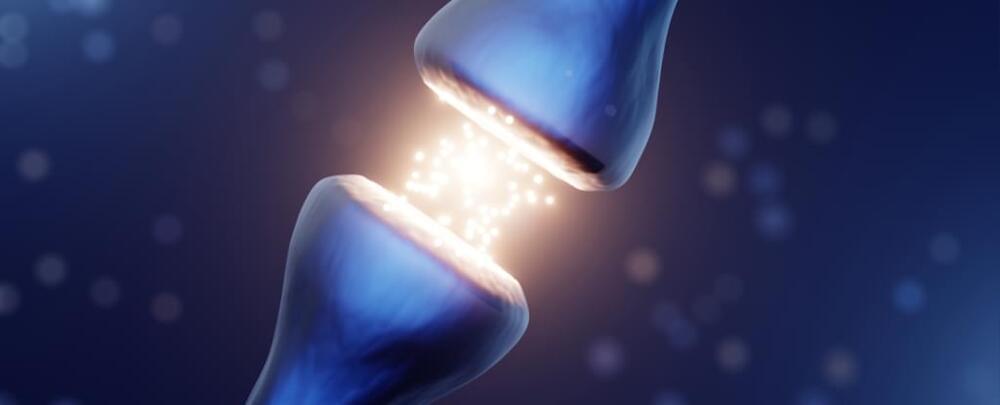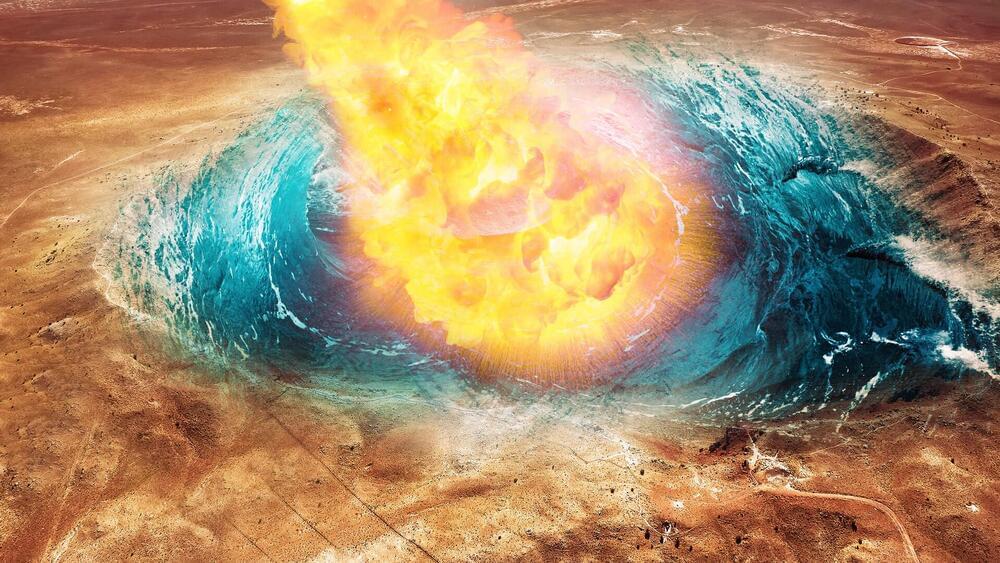A study in the journal Human Reproduction finds that human sperm counts fell by 62% in the last 50 years, possibly a result of poor diets and a toxic soup of forever chemicals in air and water.
Page 4108
Dec 2, 2022
How to Build A Time Machine — Paul Davies
Posted by Dan Breeden in categories: cosmology, space travel, time travel
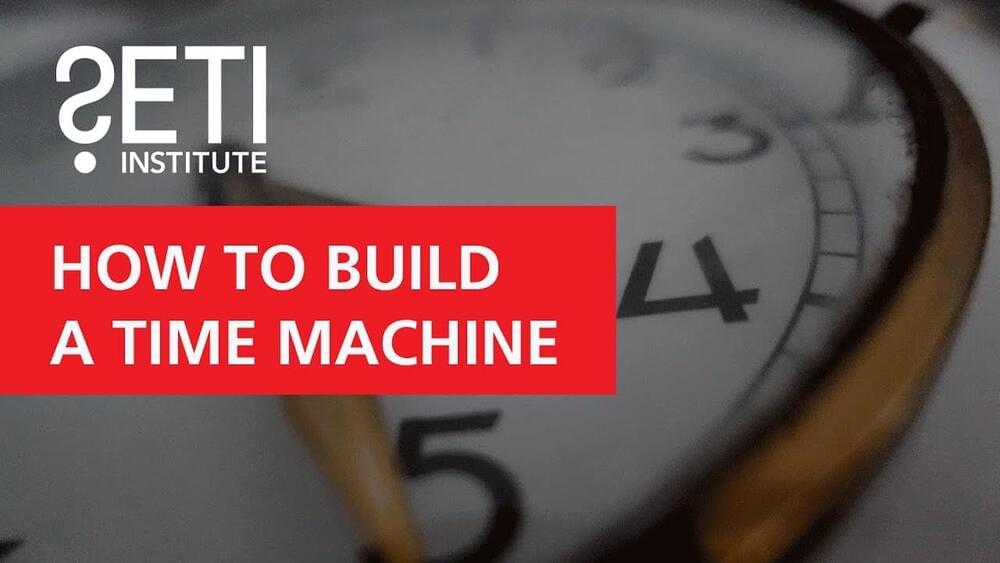
Time travel makes great science fiction, but can it really be done? Travel into the future is already a reality, but visiting the past is a much tougher proposition, and may require fantastic resources such as a wormhole in space. Nevertheless, if going back in time is allowed, even in principle, then what about all those paradoxes that make time travel stories so intriguing?
Paul Davies is a physicist, cosmologist and astrobiologist at Arizona State University, where he is Director of the Beyond Center for Fundamental Concepts in Science. He is the author of many books, including “How to Build a Time Machine” and, most recently, “The Eerie Silence: are we alone in the universe?”
Dec 2, 2022
Is It Possible to Build a Time Machine? With Paul Davies
Posted by Dan Breeden in categories: media & arts, physics, time travel
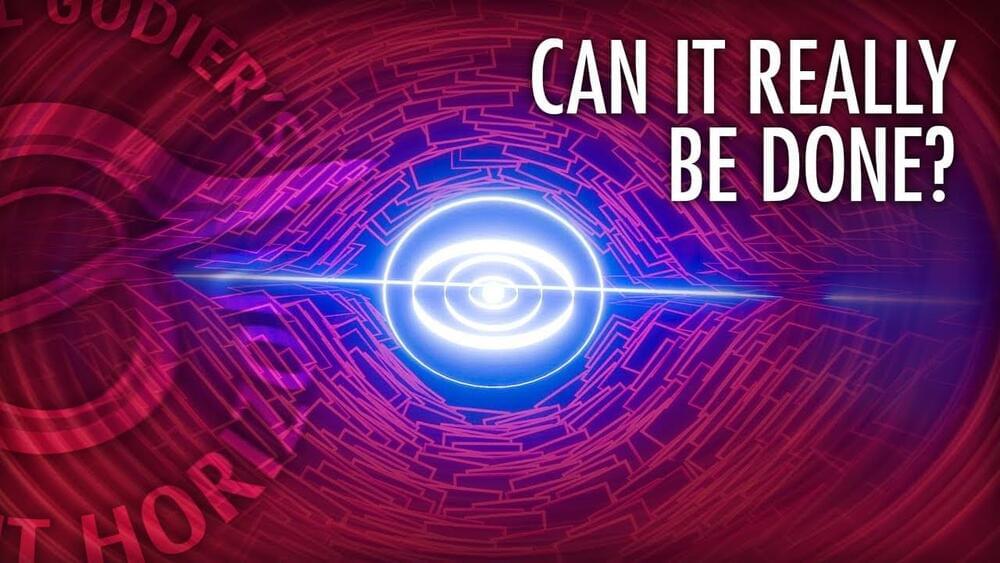
Time travel is one of sci-fi’s favorite tools. But is it possible to build a real time machine? Could you travel into the future or the past? Paul Davies joins John Michael Godlier to discuss the possibilities of time travel and how it would work within Einstein’s theory of general relativity.
Paul Davies is a theoretical physicist and regents professor at the department of physics at Arizona State University. He is a cosmologist, astrobiologist and best-selling science author, including the author of How to Build a Time Machine.
https://amzn.to/2Q5IKNt (affiliate link)
Continue reading “Is It Possible to Build a Time Machine? With Paul Davies” »
Dec 2, 2022
Superluminal Time Travel + Time Warp Challenge Answer
Posted by Dan Breeden in categories: physics, space travel, time travel
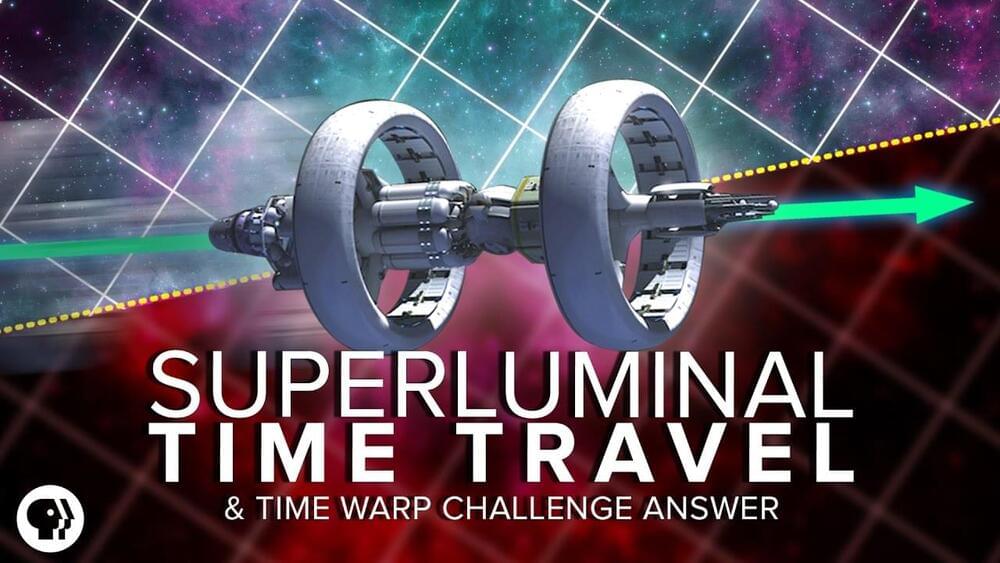
Viewers like you help make PBS (Thank you 😃). Support your local PBS Member Station here: https://to.pbs.org/DonateSPACE
Find out how traveling faster than light and traveling back in time are the same thing. And be sure to tell PBS what types of shows you want to see at https://www.surveymonkey.com/r/pbsds2017 25 random participants in the survey will receive PBS t-shirts.
Continue reading “Superluminal Time Travel + Time Warp Challenge Answer” »
Dec 2, 2022
AI could have 20% chance of sentience in 10 years, says philosopher David Chalmers
Posted by Paul Battista in category: robotics/AI
AI programs that combine sensing and action and world models might achieve fish-level intelligence, says the NeurIPS 2022 keynote speaker.
Dec 2, 2022
Millions of ‘Silent Synapses’ Could Be The Key to Lifelong Learning
Posted by Paul Battista in category: neuroscience
Newborns need to store vast amounts of new information quickly as they learn to navigate the world. Silent synapses – the immature connections between neurons that have no neurotransmitter activity yet – are thought to be the hardware that allow this rapid information storage to occur early in life.
First discovered decades ago in newborn mice, these potential neurological intersections were thought to disappear as the animals aged. A recent study by researchers from MIT in the US has found this vanishing act might not be as extreme as initially presumed.
The team hadn’t set out to look specifically at these potential connections. Rather, they were continuing previous work on the locations of nerve-cell extensions called dendrites.
Dec 2, 2022
Some companies like Boeing survived WW2 but Focke-Wulf did not. Here’s why
Posted by Gemechu Taye in categories: business, economics, military

The Second World War left many economies in tatters, yet, despite the carnage, some companies managed to thrive in the aftermath of the war.
World War II, like many other wars in history, was a time when a lot of new technology was made quickly. The war started with piston aircraft and ended with fighter planes, rockets, and nuclear weapons.
Continue reading “Some companies like Boeing survived WW2 but Focke-Wulf did not. Here’s why” »
Dec 2, 2022
BAE Systems’ new drone-hunting missiles can take down unmanned aerial systems
Posted by Gemechu Taye in categories: drones, robotics/AI
The experiments were done to prove the effectiveness of 70mm rockets.
BAE Systems has tested its latest drone hunting missiles machine by conducting ground-to-air test firings, according to a press release by the company published on Tuesday.
Rockets fired from a containerized weapon system.
Continue reading “BAE Systems’ new drone-hunting missiles can take down unmanned aerial systems” »
Dec 2, 2022
The world’s first solar electric car Lightyear 0 now enters production
Posted by Gemechu Taye in categories: sustainability, transportation
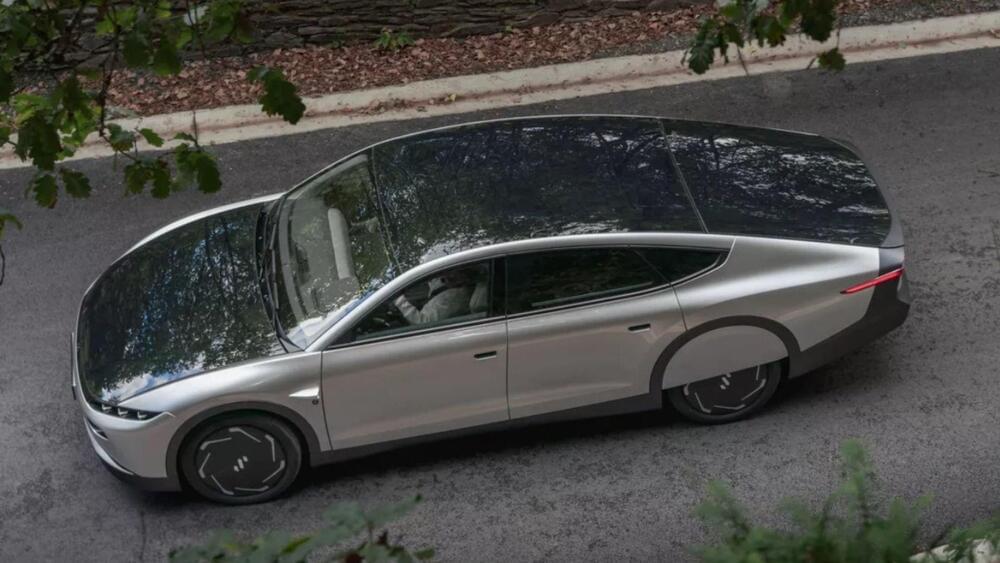
The facility will produce one car a week, to begin with.
Dutch company Lightyear, which has spent the last six years developing technologies to make the world’s first solar-powered electric vehicle has now entered a very important phase of its lifetime. Its first model, Lightyear 0 has now entered production, a company press release said.
Continue reading “The world’s first solar electric car Lightyear 0 now enters production” »
Dec 2, 2022
Megatsunami on Mars linked to an asteroid strike 3.4 billion years ago
Posted by Gemechu Taye in categories: asteroid/comet impacts, existential risks, mapping
The event is likened to the Chicxulub collision on Earth.
A study has found that the megatsunami that swept Mars around 3.4 billion years ago was caused by an asteroid strike on one of its oceans. The event is compared to the likes of the Chicxulub collision—which is believed to have wiped out dinosaurs from the face of the earth about 66 million years ago.
Researchers, led by Alexis Rodriguez of the Planetary Science Institute in Arizona, have also suggested that NASA’s Viking 1 Lander, which was deployed on a mission to find evidence of life on Mars in 1976, could have landed near the crater of this megatsunami.
Continue reading “Megatsunami on Mars linked to an asteroid strike 3.4 billion years ago” »
